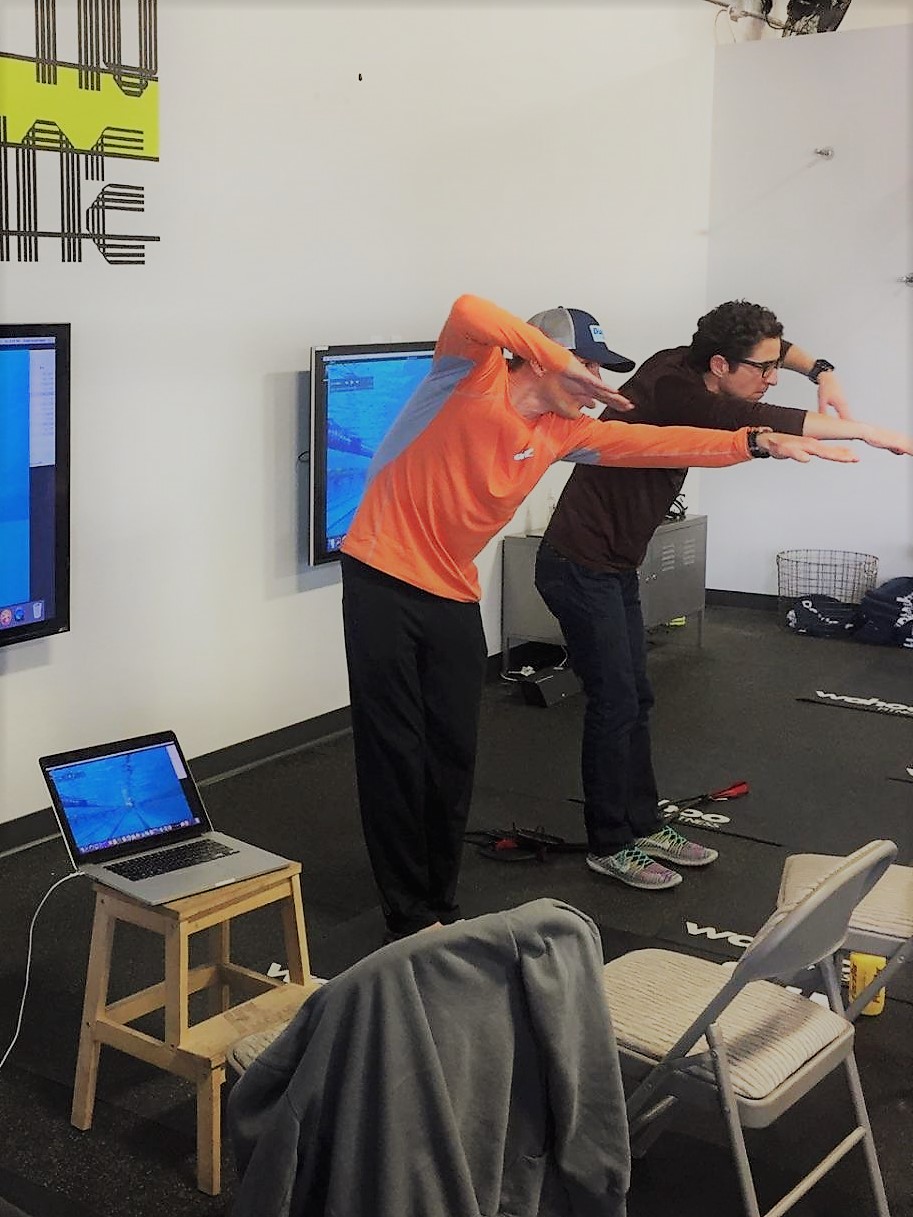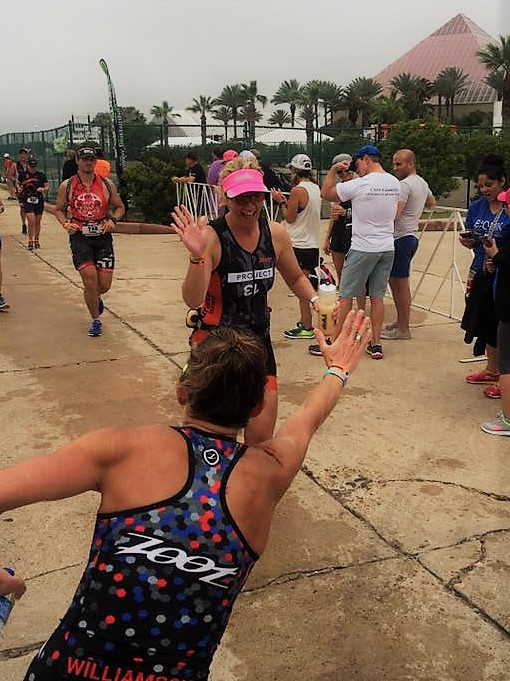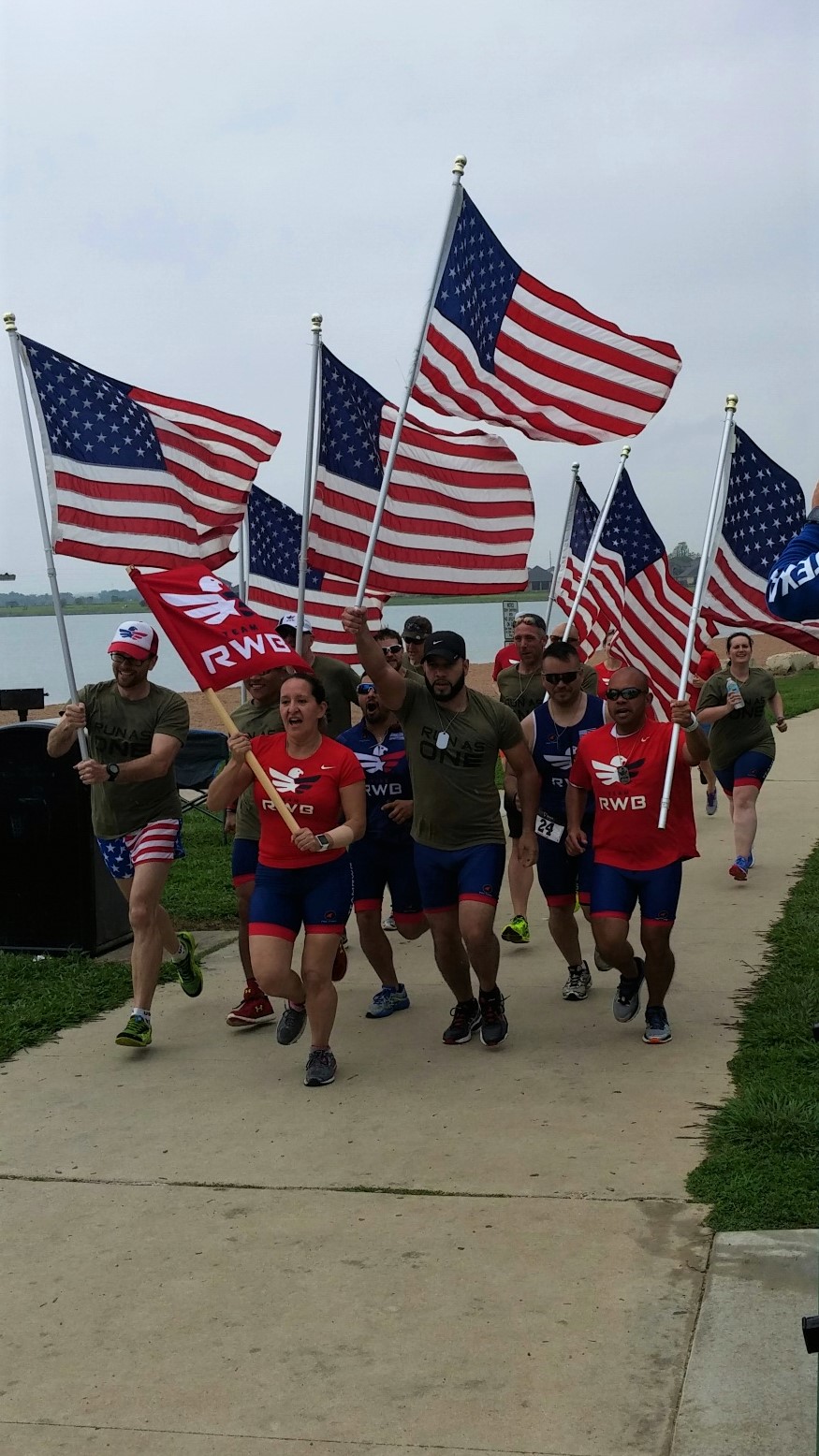“Accountability is the glue that ties commitment to the result.” (Bob Proctor)

By definition, accountability is “the obligation of an individual or organization to account for its activities, accept responsibility for them, and disclose the results in a transparent manner” (according to businessdictionary.com). While a successful coach-athlete relationship is contingent on various facets, this one is an absolute; without this simple principle, it will be very difficult to effectively coach and be coached. Having worked in the industry from both angles for many years now (both as the athlete under various coaches, and as the coach to many different individuals) I feel this is an important concept for those engaging in relationships to understand; and when I have seen a breakdown in a relationship, often times I feel it comes back to accountability in some capacity.
So in what ways can you as the coach, or the athlete, ‘be’ accountable? Since being accountable basically means “being responsible”, there are a few key ways that both you as athlete, or coach, can strive to achieve this.
1) Accountability in communication. Aiming to teach, guide and lead another person in their goals cannot be done without sufficient communication. This starts with assuring there is understanding the goals of the training, but in turn the athlete needs to communicate back how they are feeling regularly. One of the biggest frustrations I’ve had as a coach over the years is simply ‘not’ hearing from someone for an extended period of time. Many athletes are fairly self-sufficient and most are busy balancing other pieces of life, however even if is short messages back and forth – that line of communication needs to be open and ongoing. A coach needs to assure they are communicating the purpose of the training, explaining how tasks should be done, and of course delivering the training plan to the athlete on time. The athlete needs to read what is delivered, and if things are not clear, ask for clarification; ideally in a timely manner whereby they can prepare adequately for the workouts. Ongoing communication needs to exist to assure training is completed, and if “life” interferes (which it always will, at some point) – the coach needs to be informed if changes need to be made. In sum, an athlete can have all the tools needed to succeed (talent, work ethic, dedication) and the coach can deliver a great plan; however it is rarely quite that simple. Along with the basics, to be successful any coach-athlete relationship needs open, ongoing communication on a regular basis.
2) Accountability in the form of honesty. This can be more difficult than it sounds. A coach needs to be honest with an athlete if he or she feels the goals are within reason, and realistic. It isn’t always an easy position as a coach, but at times, we have to have difficult discussions about ‘adjusting expectations’ or adjusting goals for the coming season. This can be due to a lack of progress to what we had anticipated, unforeseen road bumps along the way or of course an array of other situations. But the coach needs to stay on top of monitoring the athlete’s progress, and being forthright with the athlete if expectations need to be adjusted (which can be up or down; better progress than anticipated may mean pushing the goals a bit more lofty). An athlete needs to be honest with a coach if they are feeling overly fatigued, dealing with work or personal life stress that is affecting the training or simply do not understand they ‘why’ to what they are doing. I’ve always said, it makes life far too complicated not to be honest with yourself and others. This simple concept pertains to a coach-athlete relationship as well. Be open, be honest, and don’t shy away from the tough conversations at times. These things are often the keys to being successful as an athlete and achieving your goals.
3) Accountability in the form of trust. While many people come to a coach with specific, challenging goals of qualifying for championship races or setting personal bests, others seek guidance simply for the help of ‘staying on track’ and want to gradually move towards things they once thought not possible. Either way, the athlete needs to put trust in the coach in that he or she will educate and guide them towards their goals. This often involves a bit of ‘letting go’ of control, especially if you are a more experienced athlete. Coaching is far from an exact science; often times we need to step back, analyze what is working or why something is not working, and think outside the box. In doing this, it helps if the athlete can trust the path even if it isn’t what they want to hear at the moment (more swimming even if you hate to swim, or no running for 2 weeks due to an ongoing issue). From the coach’s perspective, they need to be able to trust the feedback from the athlete and gain insight from an individual – the longer you train and compete, the more you start to learn how to ‘listen to your body’. There are times I’ll ask an athlete what they feel they need – and when we can come at the training from both angles, it can often lead to a successful result, when there is mutual trust and respect.
Another element of trust I think is crucial is an athlete’s ability to trust themselves. While this is one of those pieces that you will understand more with experience, it is the easiest thing to doubt oneself, especially when you’re stepping into unknown territory. Try to learn to trust how your body feels, what your gut is telling you. We are so controlled these days by data, numbers, and files. It is imperative to strip these away at times and trust what your body is telling you, whether this is during a workout when you want to go harder and challenge yourself or a day when you’re exhausted and know you need to dial back. Learn to trust yourself through this process.
Accountability can be as simple as ‘getting it done’, too. Every one of us has days we don’t want to get out the door. It’s always easy to find a reason ‘not to’ but we all know that once we do, we never regret it. While we all tend to spend time trying to fulfill responsibilities which pull us in various directions, don’t forget to simply take care of number one; be responsible, and accountable, to yourself. You’re worth it.
Cleary, there is a reason they say that coaching is a combination of art and science; there are many pieces that need to come together to make it successful. But at the end of the day, it is about forming a positive and effective relationship; and much like any relationship, it takes accountability, commitment and communication on both ends to make it successful.





